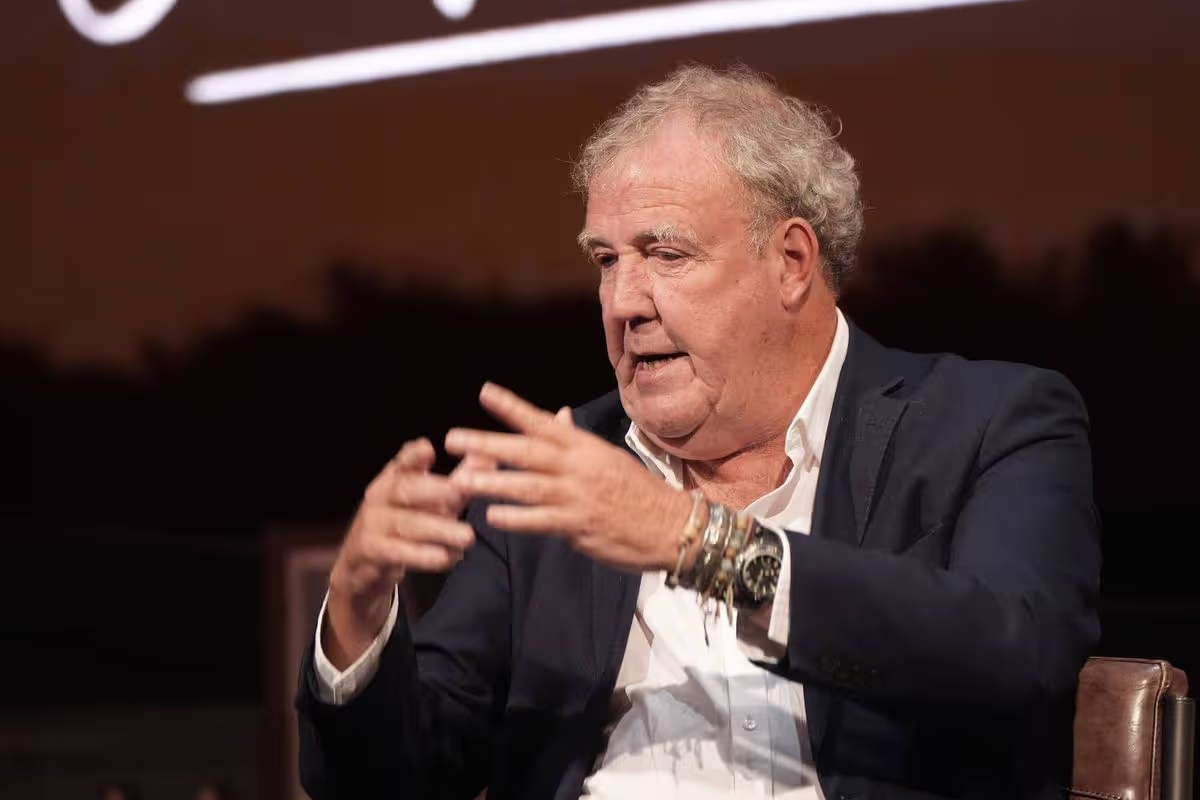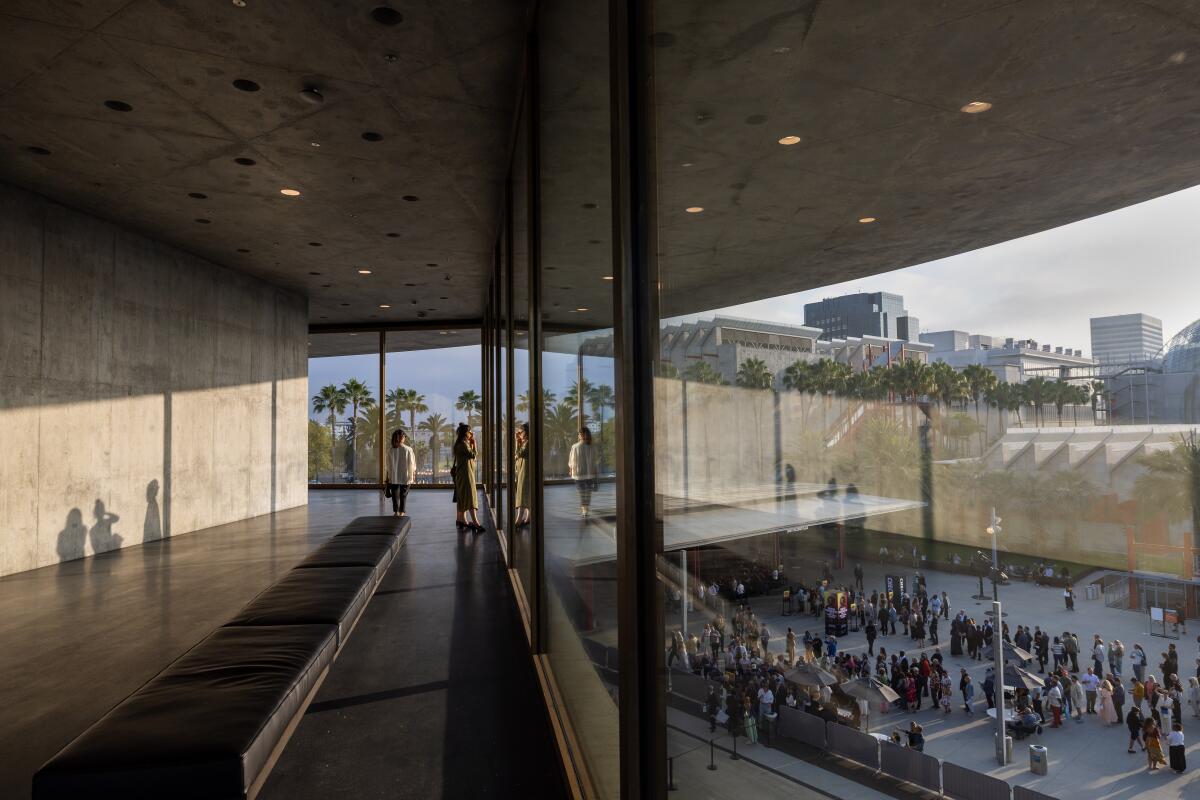The former Top Gear presenter admits he was blindsided by what he now sees as one of the gravest dangers facing young people, confessing “I simply had no idea”
Jeremy Clarkson has confessed he was caught off guard by what he now considers one of the greatest threats to young people today, admitting, “I simply had no idea.” In his column for The Sun, the former Top Gear host revealed that while he previously worried about conventional teenage dangers, he overlooked the fact that the most damaging influences were already accessible through their mobile phones.
Looking back on his time as a father, Clarkson explained: “When my kids were teenagers, I worried about them taking drugs and going on motorbikes, and I simply had no idea that the real danger was lurking in their telephones.”
His remarks follow the Government’s plans to strengthen laws targeting the distribution of non-consensual intimate images online. Earlier this week, Sir Keir Starmer announced intentions to bolster legislation requiring tech firms to delete such content within 48 hours of being flagged.
However, Clarkson maintains that the rapid pace of online sharing renders that timeframe impractical. “This is laughable because if someone uploads a topless picture of you, all your friends will see it within 48 seconds,” he stated. “Forty-eight hours on the internet is about four million years,” reports the Express.
The Prime Minister has positioned the proposed reforms as a key element of a wider effort to tackle online abuse directed at women and girls. Through an amendment to the Crime and Policing Bill, social media companies that don’t meet the two-day deadline for removing content could be hit with substantial fines or potentially banned from operating in the UK.
Starmer, who previously held the role of director of public prosecutions, said his past work gave him insight into the “unimaginable, often lifelong pain and trauma violence against women and girls causes.” He added: “As Prime Minister, I will leave no stone unturned in the fight to protect women from violence and abuse.”
Characterising the internet as an emerging frontline, Starmer stated: “The online world is the front line of the 21st century battle against violence against women and girls. That’s why my government is taking urgent action: against chatbots and ‘nudification’ tools. Today we are going further, putting companies on notice so that any non-consensual image is taken down in under 48 hours. Violence against women and girls has no place in our society, and I will not rest until it is rooted out.”
Clarkson, 65, doesn’t question the gravity of the problem. In fact, he believes it goes even deeper than politicians realise. He highlighted the HBO drama Euphoria, featuring Zendaya and Sydney Sweeney, as a stark illustration of the challenges confronting today’s teenagers. “What Starmer needs to do is watch a TV show starring Zendaya and Sydney Sweeney. It’s called Euphoria and God knows what possessed me to tune in — teenage angst and a lot of male nudity is not my thing normally — but Lord, I’m glad I did,” Clarkson remarked. “I know it’s a drama but if only half of the issues are real, society has a serious problem.”
For Clarkson, the programme highlighted how online culture has amplified adolescent experiences. He outlined the troubling aspects he believes have become widespread: “The bullying. The d*ck pics. The revenge porn threats. And a very real sense that if you say or do something that is considered out of line by an ‘unseen woke police force,’ that’s you done.”
While he acknowledges that Starmer is correct to concentrate on social media’s effect on teenage girls, he doubts whether a 48-hour takedown requirement is adequate in reality. “Starmer is right to be thinking about the effect social media has on teenage girls. But suggesting that a platform must take down revenge nudes and deep fake pictures within two days demonstrates he does not understand the scale of the problem.”










